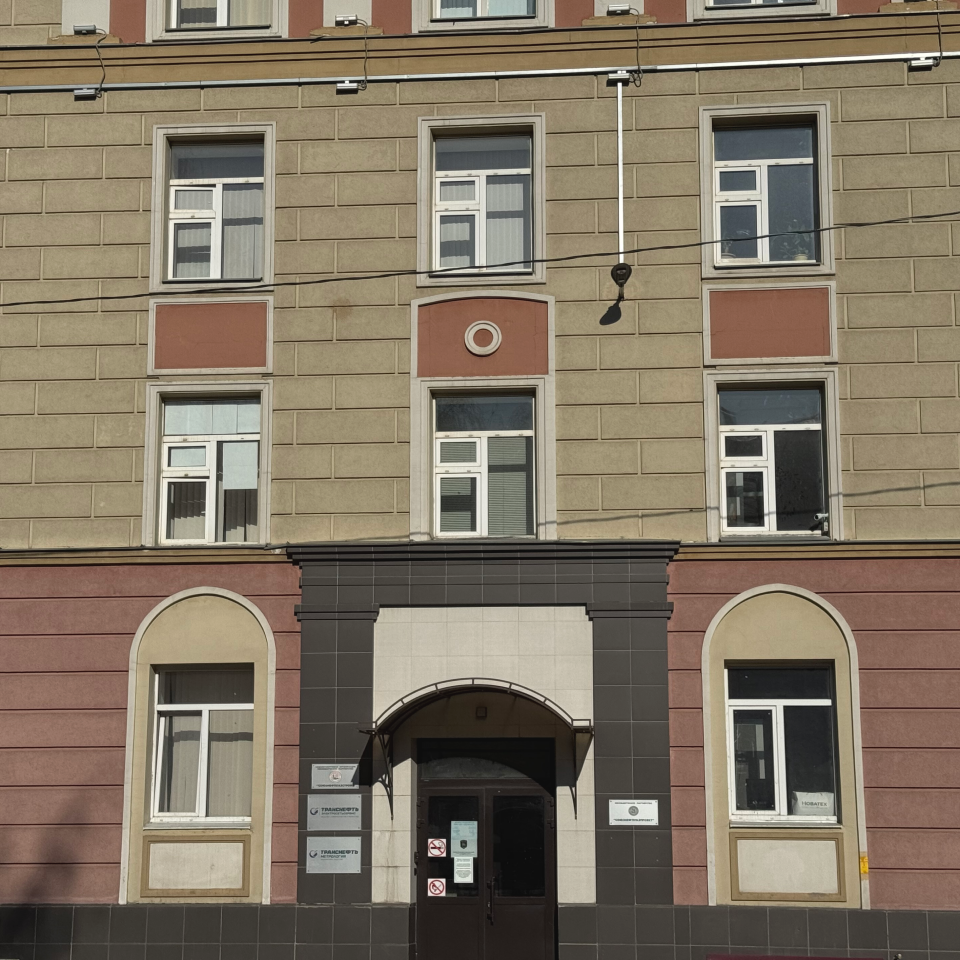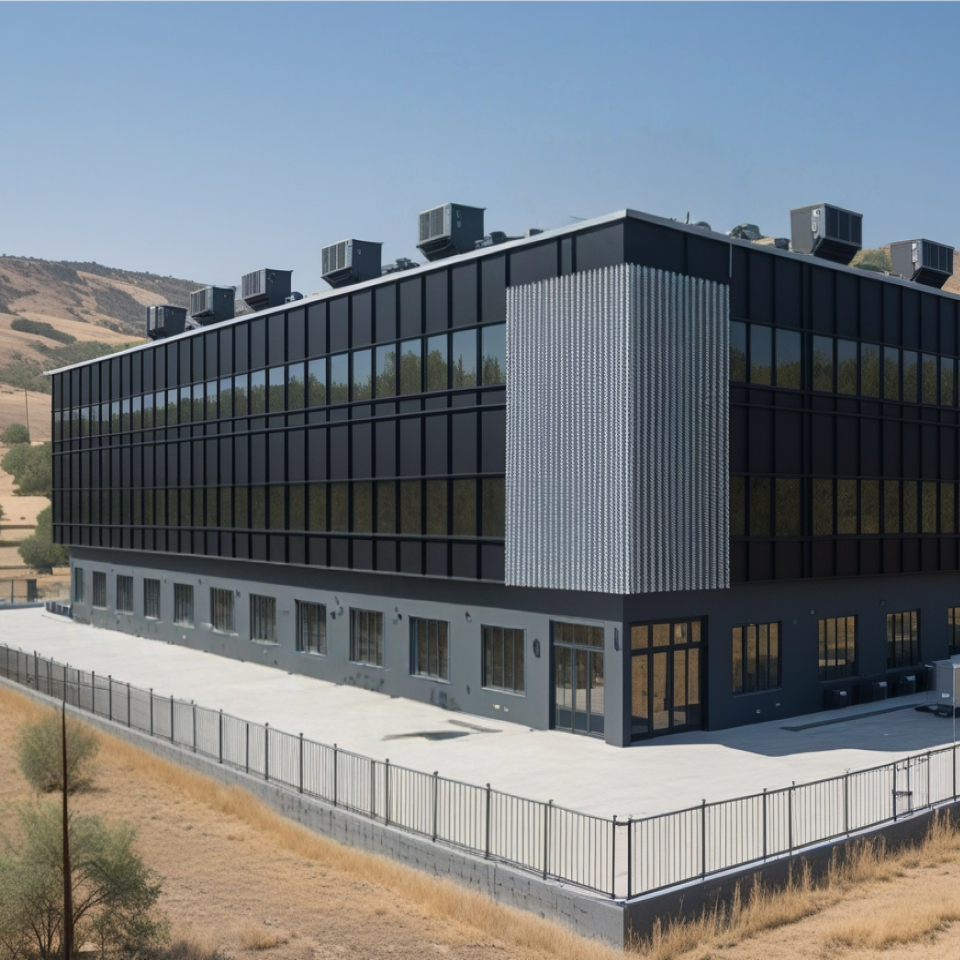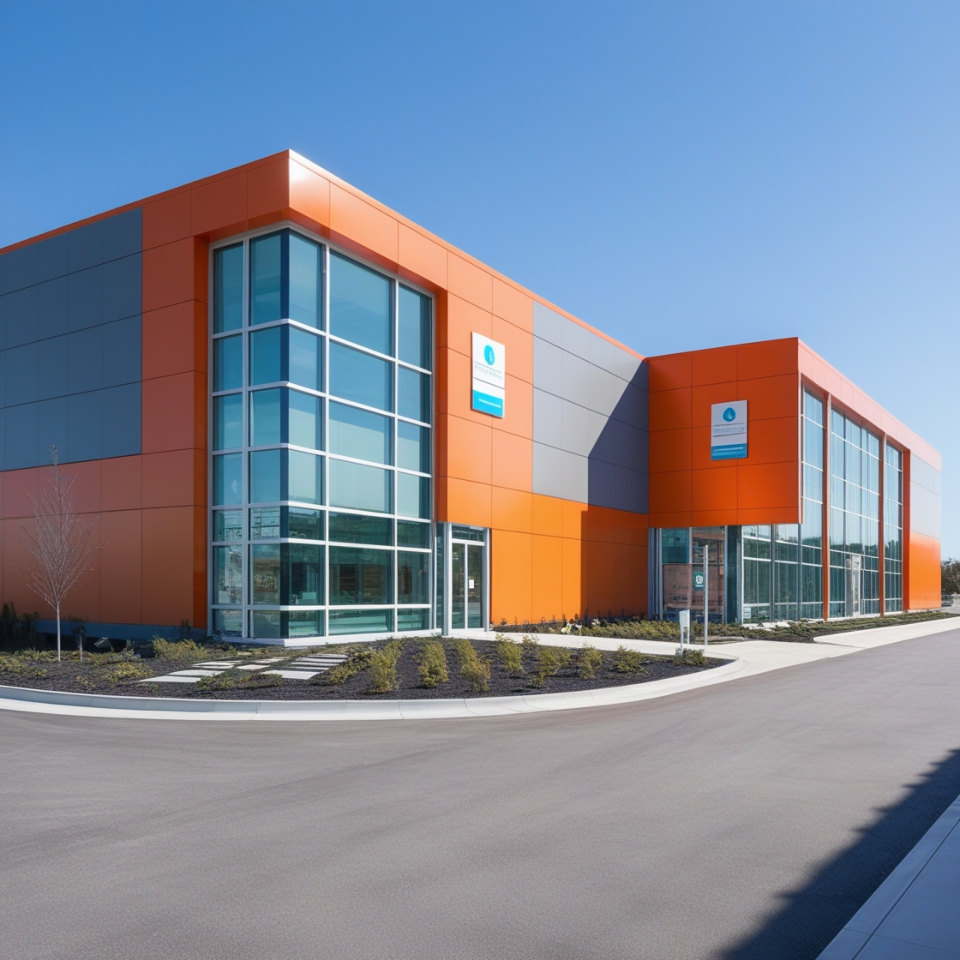The natural gas transmission infrastructure serves as a vital conduit, transporting fuel from extraction sites to end-user destinations. This intricate network encompasses vast pipeline networks spanning thousands of miles, state-of-the-art compressor facilities, sophisticated gas metering stations, and advanced remote control and surveillance systems. The reliable performance of this transmission network is fundamental to national energy security and supports both residential and industrial energy requirements.
Today's gas transmission networks operate at unprecedented levels of automation, which is imperative for maintaining operational safety, system reliability, and transportation efficiency. Integrated control systems provide real-time oversight and precise regulation of every system component, enabling energy consumption optimization, early fault detection, rapid issue resolution, and comprehensive process safety management.

Advanced automation technologies empower the development of smart control frameworks capable of autonomous adaptation to environmental changes, proactive accident prevention, and maintaining continuous gas transmission operations under all operational conditions.
Deployment of control systems addresses the following critical objectives:
- Advanced gas transport safety management. Intelligent automation solutions enable real-time anomaly detection and mitigation, effectively preventing catastrophic failures and significantly reducing the likelihood of pipeline and equipment damage incidents.
- Comprehensive energy efficiency optimization. State-of-the-art control systems dynamically adjust compressor station performance and equipment operations based on fluctuating demand patterns, resulting in substantial energy cost reductions and enhanced gas transport efficiency.
- Robust system reliability enhancement. Continuous automated monitoring capabilities ensure early fault identification and proactive maintenance, minimizing unplanned downtime and guaranteeing consistent gas supply reliability.
- Enhanced operational command and control. Integrated control systems deliver operators with real-time, holistic system performance data, facilitating informed decision-making and precise, instantaneous system management capabilities.
Consequently, the implementation of cutting-edge control technologies represents a fundamental requirement for sustaining continuous gas transmission operations, elevating system reliability and safety standards, and driving operational cost reductions across the entire infrastructure.






